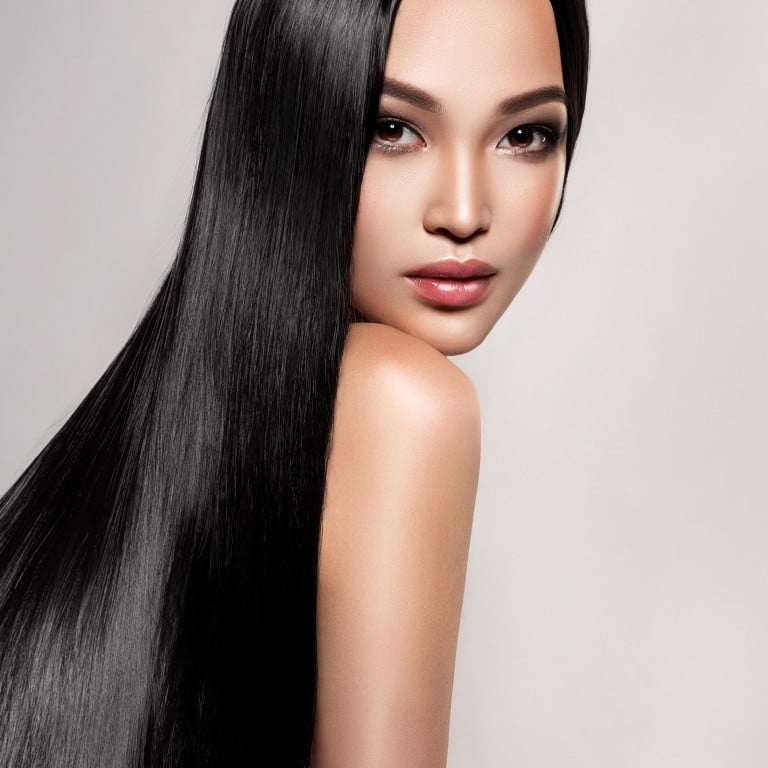Advertisement
Advertisement
Advertisement
Explainer / Does going to sleep with wet hair really make you sick? No, but it causes damage and brittleness – take care of your locks by blow-drying, using protein-rich masks and brushing before bed
STORYThe Asian Parent

- We’ve all heard the old adage that going to bed with wet hair will give you a cold – but science proves that viruses cause illness, so why all the cautioning from our mums?
- Wet hair swells, which ‘weakens the cortex and cuticle’, according to experts – here’s how to minimise damage, avoid frizziness and unruliness, and keep your locks smooth and shiny
Have you ever wondered if it’s truly a bad idea to go to sleep with wet hair?
We’ve all heard the old adage, but let’s dive into the science behind it and explore what you can do to protect your hair while catching those Z’s.
Debunking the myth

Advertisement
Many of us have grown up with the warning that sleeping with wet hair can lead to catching a cold. However, scientifically speaking, colds are caused by viruses, not wet hair. So why the cautionary tales?
“When the hair is wet, it swells. This prolonged inside-out pressure weakens the cortex and cuticle, making hair brittle,” explains Dee Toh, associate director of Chez Vous, a Singapore-based hair salon. Kuah Beng Lee, education manager for Kao Singapore’s salon division, notes that leaving hair wet will tend to exacerbate existing damage. And that’s not all: “Unneeded moisture will also cause an imbalance to our scalp microbiome,” Kuah adds.
Always ensure your hair is dry before going to sleep

We understand that blow-drying your hair can be a hassle, especially after a late night out. However, there’s a solution. Use a protein-rich hair mask after shampooing. This will saturate your hair with reparative amino acids, making each strand less porous – which in turn speeds up the drying process.
Brush your hair before bedtime

Remember those scenes in TV dramas where someone brushes their hair 100 times before bedtime? There’s a reason for it. Brushing keeps your hair untangled, reducing its susceptibility to damage. Plus, brushing wet hair – making sure it’s well conditioned to avoid damage – can reduce frizz and unruliness when it dries.